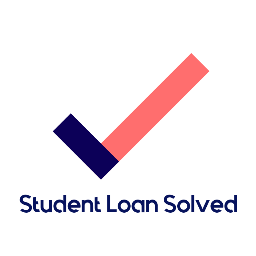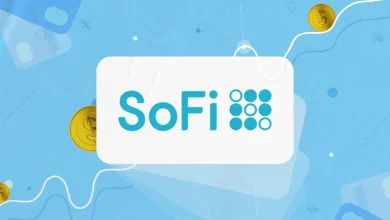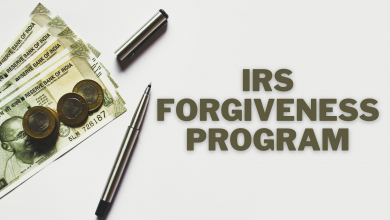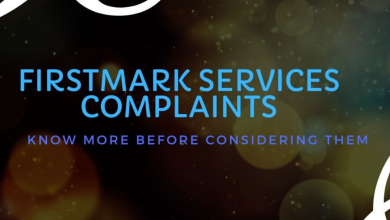Student Loan Forgiveness for Healthcare Workers
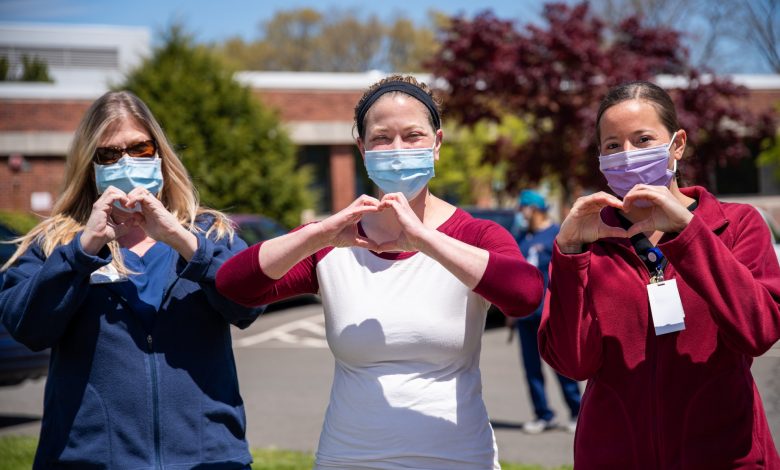
This article will focus on healthcare workers, specifically nurses. Student loan forgiveness is a popular topic that many people are talking about. Unfortunately, not everyone can receive student loan forgiveness.
Nurses are often faced with the struggle between working for low pay to gaining experience working for high income to achieve a better lifestyle. The problem is that they are often left with student loans to pay off.
Luckily, nurses are eligible for Public Service Loan Forgiveness if they work for a government employer. This means that if nurses work full-time for ten years in a public service position, their loans will disappear.
The National Nurse Academy provides an affordable tuition alternative for pre-licensure nursing students working towards their bachelor of science in nursing. The average recuperation period takes twelve months.
The National Nurse Academy is so much cheaper than an average nursing degree due to the attractive tuition—their tuition is just under thirty-thousand dollars, which is significantly lower than other institutions. The National Nurse Academy provides an accredited, transferable program that gives students the knowledge to be competent professionals. You may be eligible for student loan forgiveness after ten years of service if you’re a healthcare worker. American Healthcare Professionals Association has created a portal that you can use to track how much of your loans you’ve paid off and how many years of service you’ve completed.
American Healthcare Professionals Association has created a portal that you can use to track how much of your loans you’ve paid off and how many years of service you’ve completed. It is straightforward to use. This will hopefully allow people to learn more about the healthcare field, which is often overlooked when considering what careers to pursue.
Student loan relief for healthcare workers
Student loan forgiveness is an excellent opportunity for people in the healthcare industry.
The average healthcare cost in the United States is $9,775 per year, and about a fifth of healthcare workers work in rural or underserved areas. So this article talks about what careers qualify for student loan forgiveness that pays less-than-average wages and still works in underserved areas – I’ll take a look!
I looked up the best careers that offered student loan forgiveness and worked in rural or underserved areas. I’ve listed a few of them below. The ones that pay well were ranked according to the amount you can likely save on your loans.
Physician Assistant
The physician assistant field has the fifth-highest median hourly wage for this list, at $34.02. They will even forgive up to $60,000 of your student loans if you work in a qualified area like rural America or an underserved area.
Nurse Practitioner
Nurse practitioners could qualify for up to $65,000 in student loan forgiveness if they practice in an underserved area for two years.
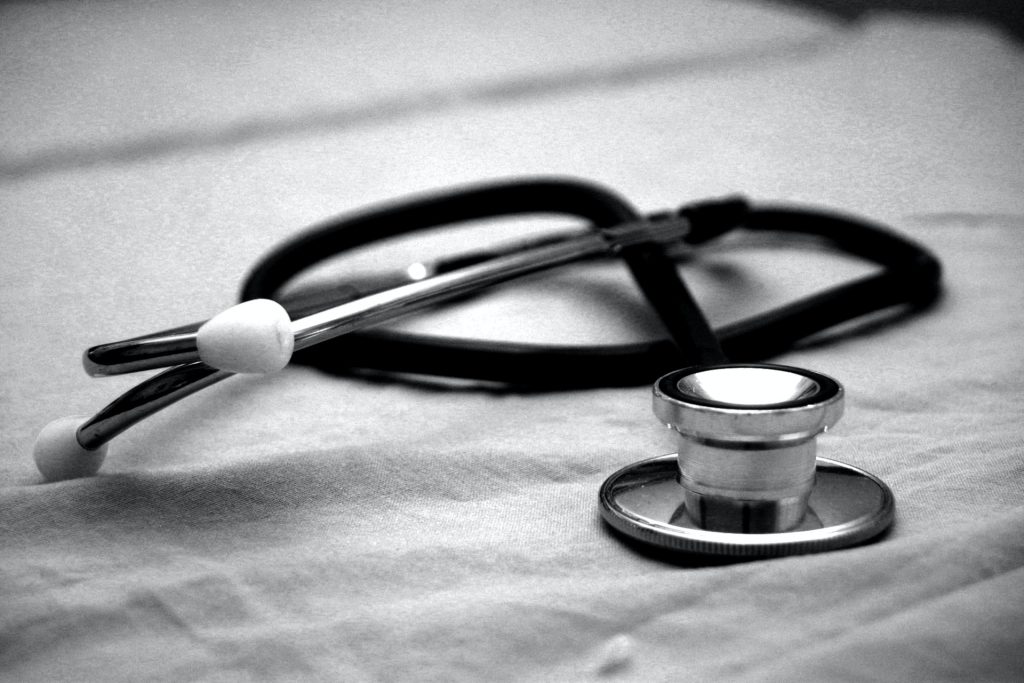
It’s no secret that nurse practitioners are in high demand. This is especially true in underserved areas, where the need for qualified professionals is excellent. Even if licensed nurse practitioners have a medical degree and continuing education, they may face a significant amount of student loan debt and medical school associate degree costs.
Luckily, a full-time nurse practitioner can make a median of $57,870 a year. Last but not least, the major will forgive up to $65,000 in loans for those who work in an underserved area for two years. It’s a win-win situation.
Occupational Therapist
Occupational therapists are another profession that can get up to $65,000 in student loan forgiveness for two years of work in a suitable location. Occupational therapists have a median wage of $40 .02/hr and a projected job growth rate of 30%.
Occupational therapists work with clients of any age or condition that can use their hands. The person assists clients with exercises, evaluations, and adapting the environment to the client’s needs.
Social Worker
Social workers can get up to $60,000 in student loan forgiveness for social work in the prevention field. Social workers help people cope with challenges in their lives and advocate for people’s rights. They may be qualified to receive student loan forgiveness under two conditions. The first is for two years of full-time work in the prevention field. The second is for four years of a full-time job in the rehabilitation field. Certain healthcare professionals, such as mental health professionals, can qualify for up to $60,000 in student loan forgiveness.
This blog post about student loan forgiveness for healthcare workers discusses two different paths for forgiveness. Occupational therapists, social workers, mental health professionals, and other healthcare professionals can receive up to $65,000 in student loan forgiveness. Those who work full-time for two years in the healthcare field can get $65,000 in student loan forgiveness. This is an incentive for those who want to help others in the healthcare field.
Public Service Loan Forgiveness Program For Healthcare Workers
For medical professionals, PSLF offers the best and most comprehensive student loan forgiveness program. You must be employed full-time by an eligible employer. You are allowed to hold down a minimum of two part-time jobs and clock at least 30 hours each week.
You can apply for PSLF once you have received 120 qualifying payments under the requirements. Your remaining student loan balance is forgiven, tax-free, if you meet the requirements. We advise completing the employment certification form for the PSLF program in the interim. FedLoan Servicing has been in charge of running this program, but that will change at the end of 2021.
Nurse Corps Student Loan Repayment Program
Registered nurses (RNs), advanced practice registered nurses (APRNs), and nursing professors are all eligible for a special loan repayment program through the National Health Service Corps (NHSC). This program allows professionals who teach at accredited programs for a set number of hours each week or work in environments that show a critical need to have up to 85% of their student loans forgiven.
National Institutes of Health Loan Repayment Programs
The NIH wants to entice medical professionals to take positions in research. By doing this, it lessens the burden of student loan debt and increases the appeal of a career in this field.
Whether it be HHS debt, federal debt, or occasionally even private student loans, NIH loan repayment programs (LRPs) pay up to $50,000 per year of a researcher’s qualified educational debt. Everyone is eligible, including doctors, pharmacists, psychologists, dentists, nurses, physician assistants, and others. Qualifying employment may be either intramural or extramural (within the NIH) (inside the NIH).
Centers for Disease Control and Prevention Epidemic Intelligence Service Program

We all recognize the crucial role that the CDC and other frontline healthcare providers have played in the fight against outbreaks since the arrival of COVID-19. Doctors, nurses, vets, and pharmacists can complete a two-year fellowship in this loan forgiveness program where they conduct research on epidemiology and public health-related topics. They are additionally qualified for up to $50,000 in annual loan repayment.
Perkins Loan Cancellation
The Department of Education has made certain healthcare professionals eligible for the cancellation of Federal Perkins Loans after five years of qualifying full-time employment. Note that you can include Perkins with a consolidation for the PSLF fix above even if you are not eligible for cancellation.
Indian Health Service Loan Repayment Program
Clinical professionals can receive up to $40,000 in loan repayment from the federal Indian Health Service in exchange for a two-year commitment to work in healthcare facilities that cater to the needs of American Indian and Alaska Native communities. Licensed acupuncturists, physical therapists, advanced practice nurses, and many other occupations are eligible.
Conclusion
In conclusion, healthcare workers do deserve student loan forgiveness like their counterparts. You see, there is this misconception that these two types of careers are both generous, and anyone with a degree in either would pursue them just for the sake. However, this is not always the case. These career paths require special classes of people beyond what is necessary to make them more selective than others. We need highly qualified people in these fields because they are always in demand despite economic circumstances. This makes them worthy of student loan forgiveness if you ask me.
